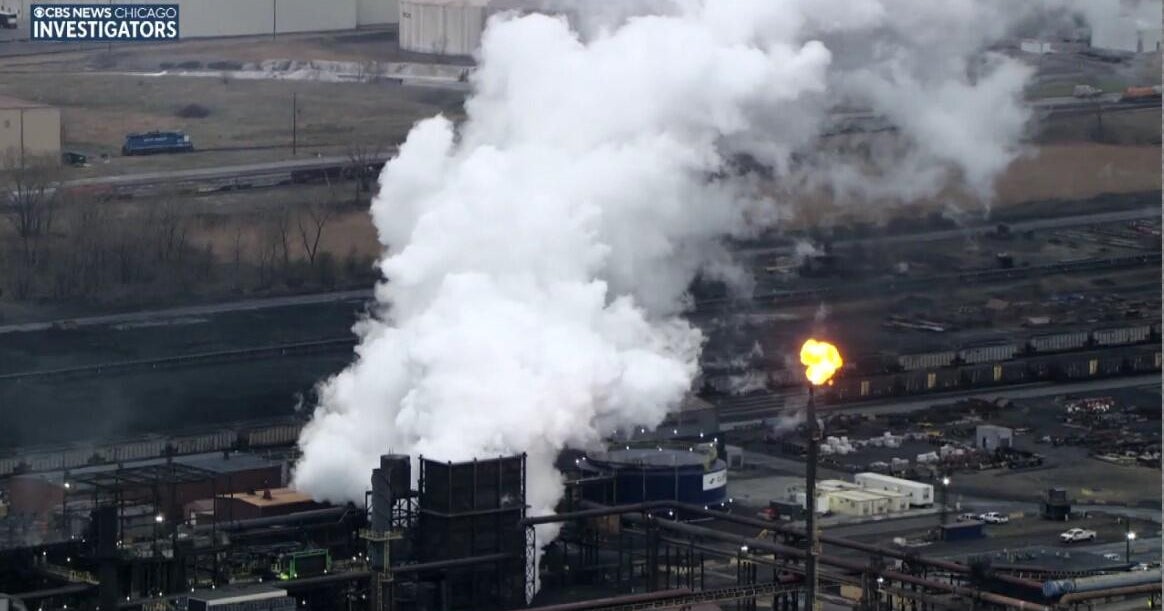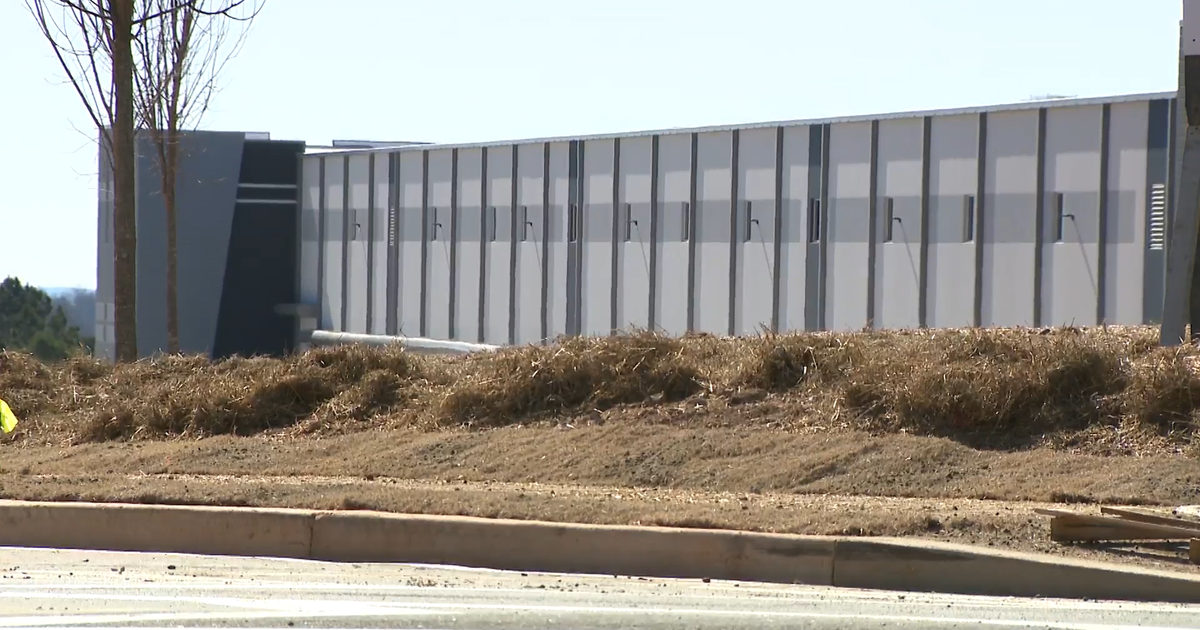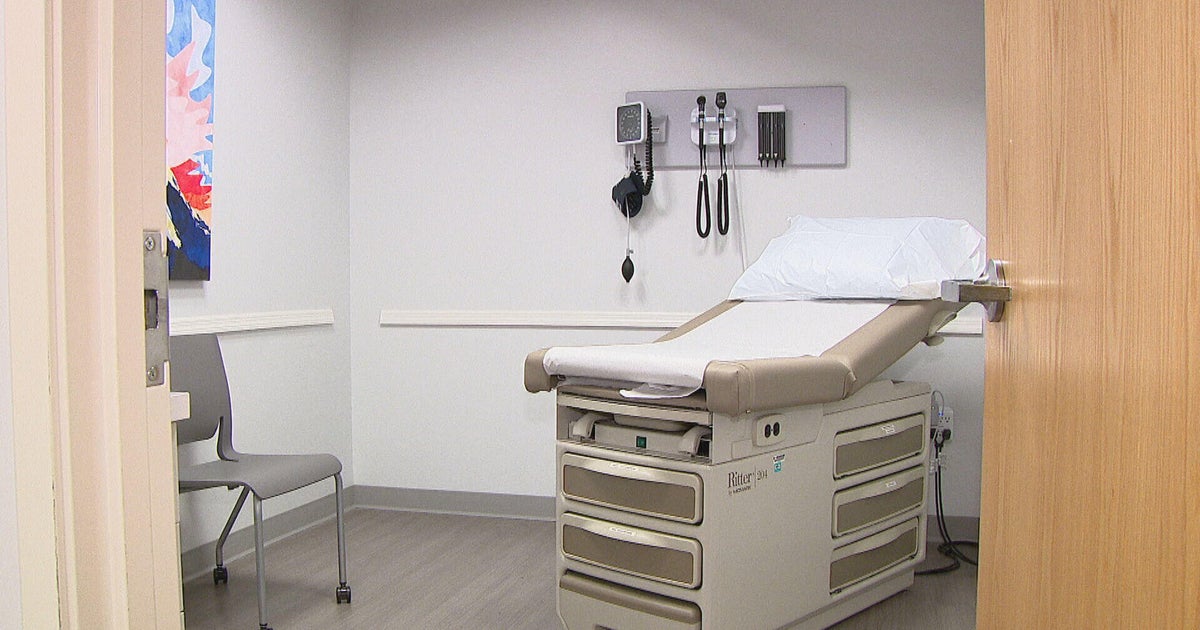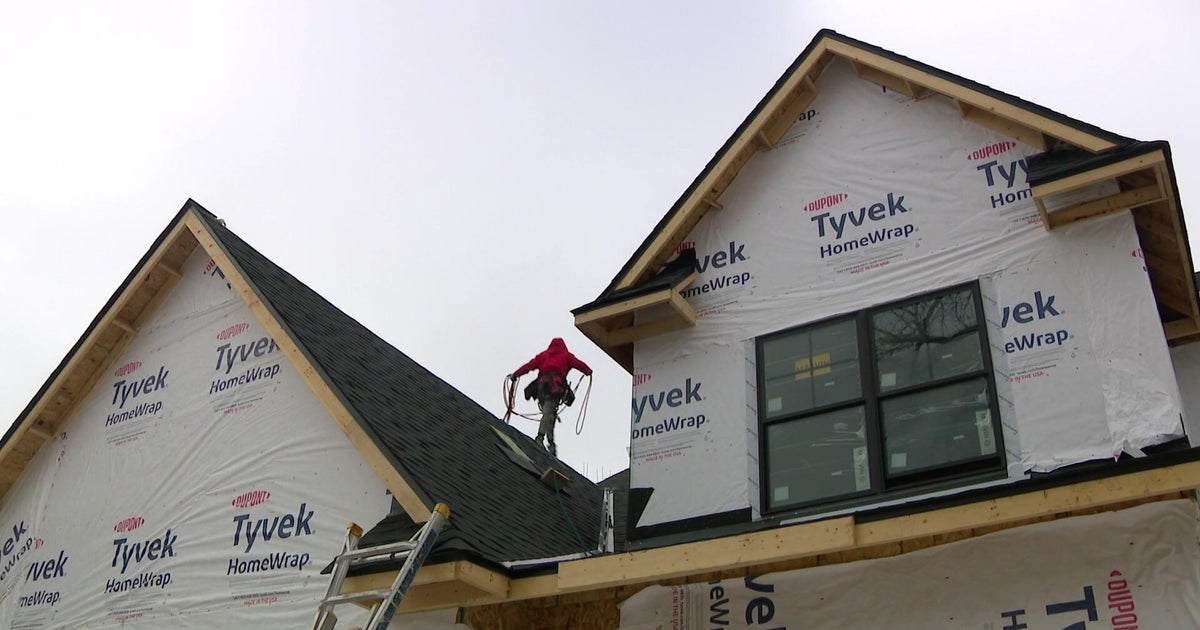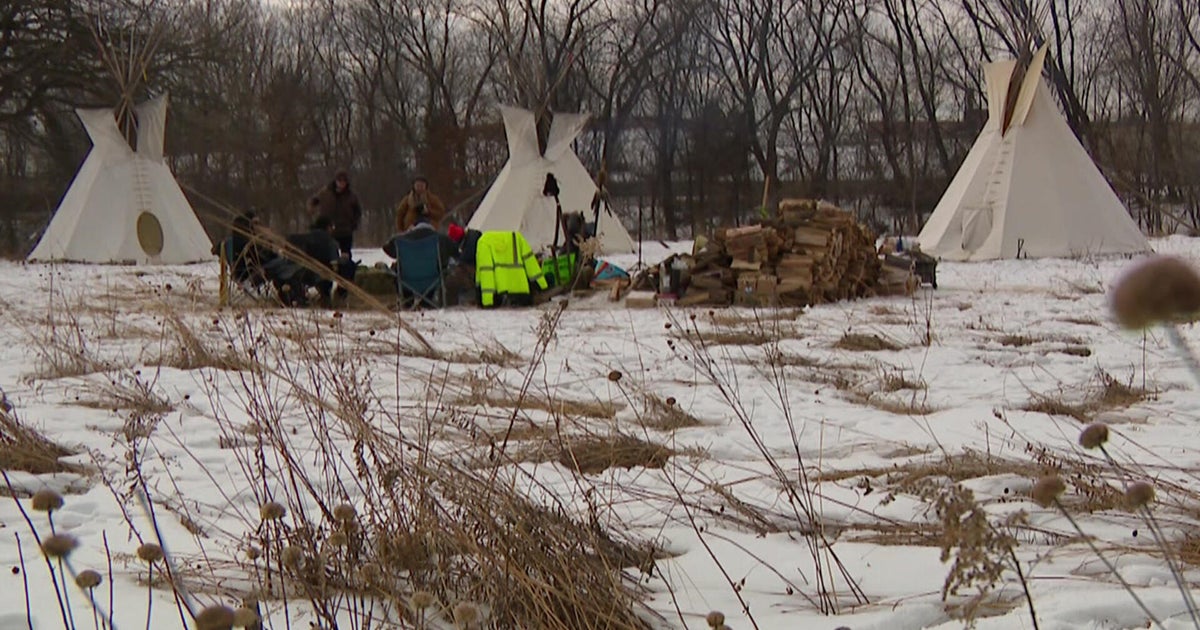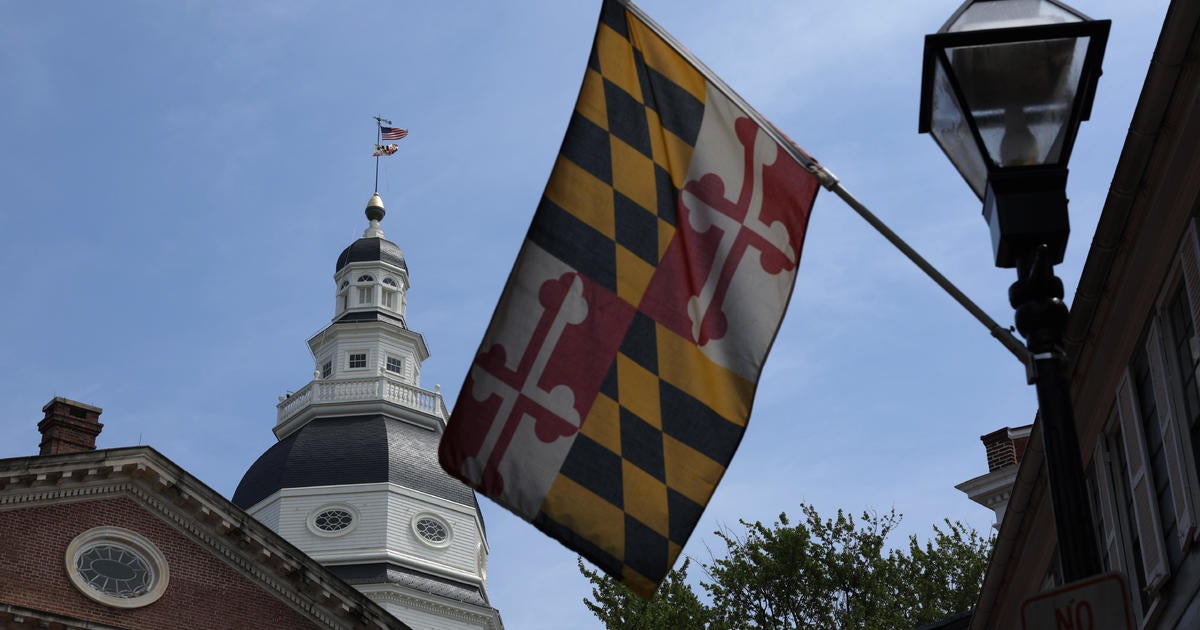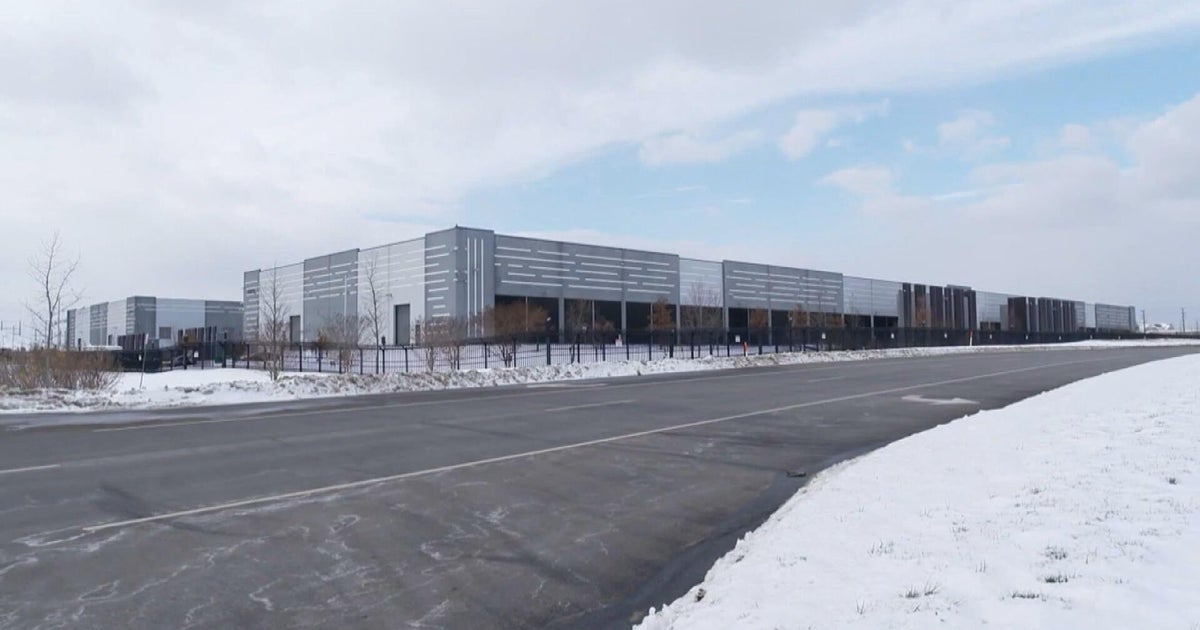Colorado residents can weigh in about enforcement of environmental issues where they live
Soon, people from across Colorado will have a chance to give input about the enforcement of environmental issues where they live. It's all part of a new agreement between the Environmental Protection Agency and the Colorado Department of Public Health and Environment, meant to prioritize communities disproportionately affected by pollution.
First an environmental activist, and now a city council member, Renee Chacon knows the people of Commerce City's concerns, and for years, that's included how industry in the area has affected the water and air.
"If you live here over the long term it'll start affecting how you breathe, how you live, how your blood literally flows," Chacon said.
For Chacon and others in the community, stricter permitting and better enforcement of polluters are among many possible solutions, but until now, they've felt excluded by state and federal health agencies.
"I think at this point people are apathetic," Chacon said. "It's a form of learned helplessness that they've gone so many times to state and federal agencies."
Earlier this spring, CDPHE and the EPA announced a new joint effort to address that, which includes signing a memorandum of understanding on advancing environmental justice through enforcement and compliance assurance in disproportionately impacted communities signed last year.
That agreement includes creating a work plan to hold polluters accountable and reduce pollution in overburdened communities, such as Commerce City, North Denver, Pueblo, and the Arkansas Valley.
"In the past, we haven't always prioritized environmental justice in the way that we should," said Joel Minor, manager of the environmental justice program at CDPHE. "Equity means understanding that some communities experience different types of impacts, we should be prioritizing those communities more."
According to Minor, CDPHE and the EPA have identified three priorities for the work plan. Those include targeting more inspections of polluters in these communities, better pooling enforcement and compliance resources, and engaging better with people about what's being done.
"This agreement is going to help us reduce pollution in our most burdened and impacted communities by ensuring that we have more inspections there to identify potential violations of environmental laws," Minor said. "It's also going to prioritize more resources to those communities."
For Chacon, it's a step toward environmental justice, but she believes the agencies still have a lot to prove.
"This is finally their time to be an ally," she said. "Now, we have to be able to legally hold you to that standard too, CDPHE."
Feedback is still welcome related to the work plan, and CDPHE will be holding a public engagement meeting online next week.
The meeting will be Monday, May 1, from 5:30 p.m. – 6:30 p.m. Community members can register here.
You can read more about the work plan and other environmental justice efforts here.




